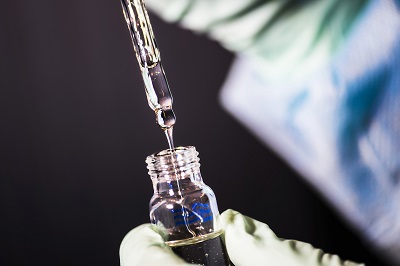Class III medical device FDA certification refers to the regulatory clearance or approval granted by the U.S. Food and Drug Administration (FDA) for medical devices that are classified as Class III according to FDA regulations. Here's what it entails:
Class III Medical Devices:
- High Risk: Class III devices are those that are considered to pose the highest risk to patients or users. They are typically devices that are intended to support or sustain human life, are of substantial importance in preventing impairment of human health, or present a potential unreasonable risk of illness or injury.
FDA Certification Types:
Premarket Approval (PMA): Most Class III devices require a PMA application, which is a comprehensive scientific and regulatory review to evaluate the safety and effectiveness of the device. PMA approval is based on extensive data, including clinical trials, and is required before the device can be marketed in the U.S.
510(k) Clearance: Some Class III devices may be eligible for clearance through the 510(k) premarket notification process if they can demonstrate substantial equivalence to a legally marketed predicate device. However, this pathway is less common for Class III devices due to their higher risk profile.
Significance of FDA Certification:
Evidence of Compliance: FDA certification for Class III devices signifies that the device has undergone rigorous review and has been determined to be safe and effective for its intended use under the conditions specified in its labeling.
Market Authorization: Certification allows manufacturers to legally market and distribute their Class III medical devices in the United States, subject to compliance with post-market surveillance requirements and any conditions or restrictions imposed by the FDA.
Process and Requirements:
Stringent Requirements: The process for obtaining FDA certification for Class III devices involves comprehensive preclinical and clinical data, risk assessments, quality system compliance (QSR), and adherence to FDA regulations throughout the device's lifecycle.
Ongoing Compliance: Manufacturers must maintain ongoing compliance with FDA regulations, including post-market surveillance, adverse event reporting, and periodic reporting requirements to ensure continued safety and effectiveness of the device.

Contact Us:
Whatsapp or Wechat:+86 15816864648;email address:hito.lin@grzan.cn
.png)
.jpg)

.png)

.png)